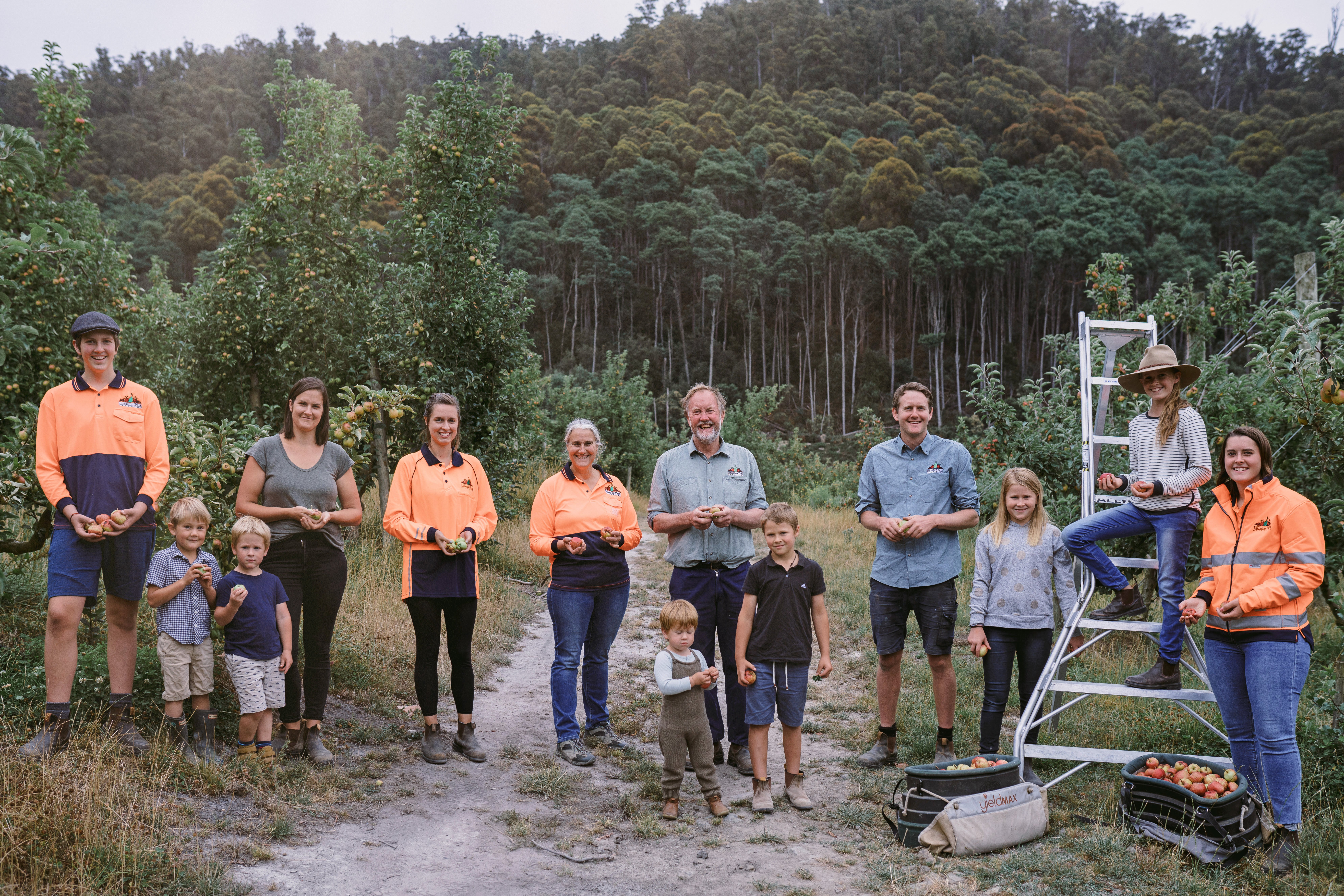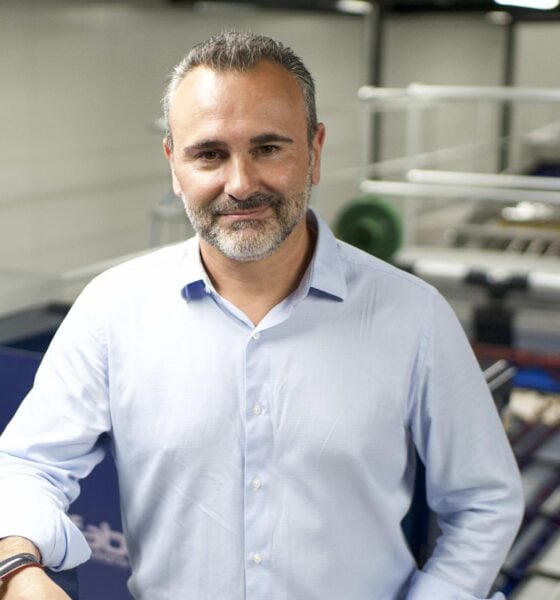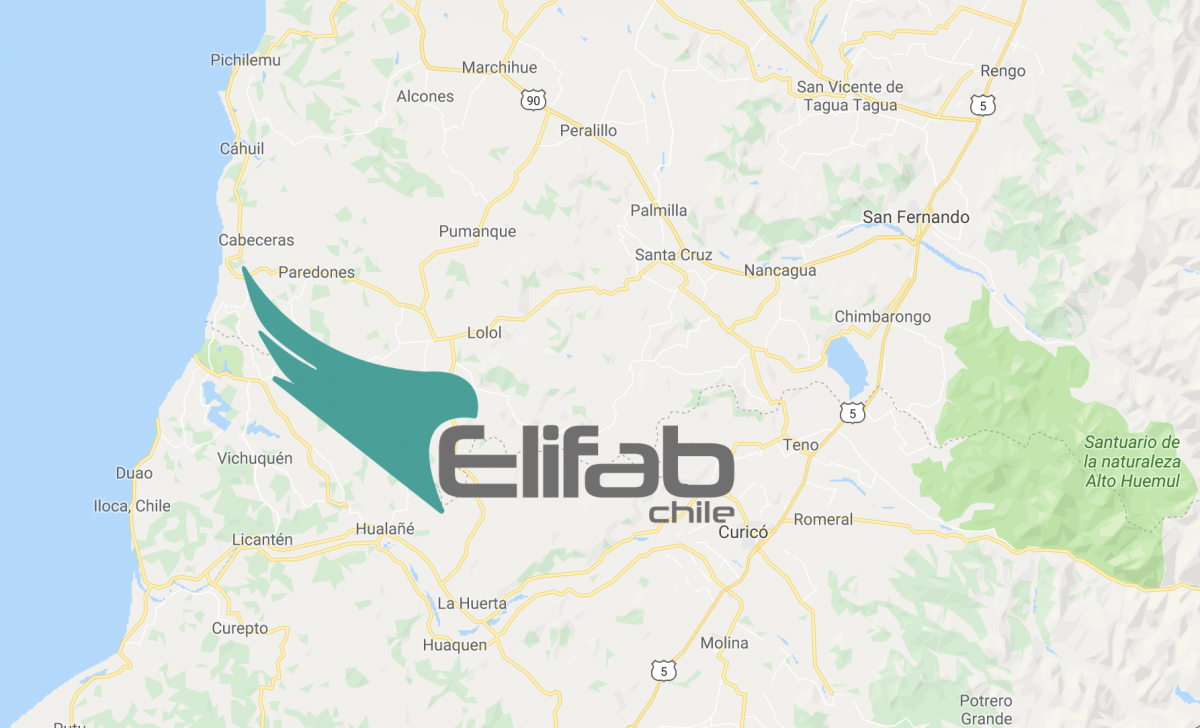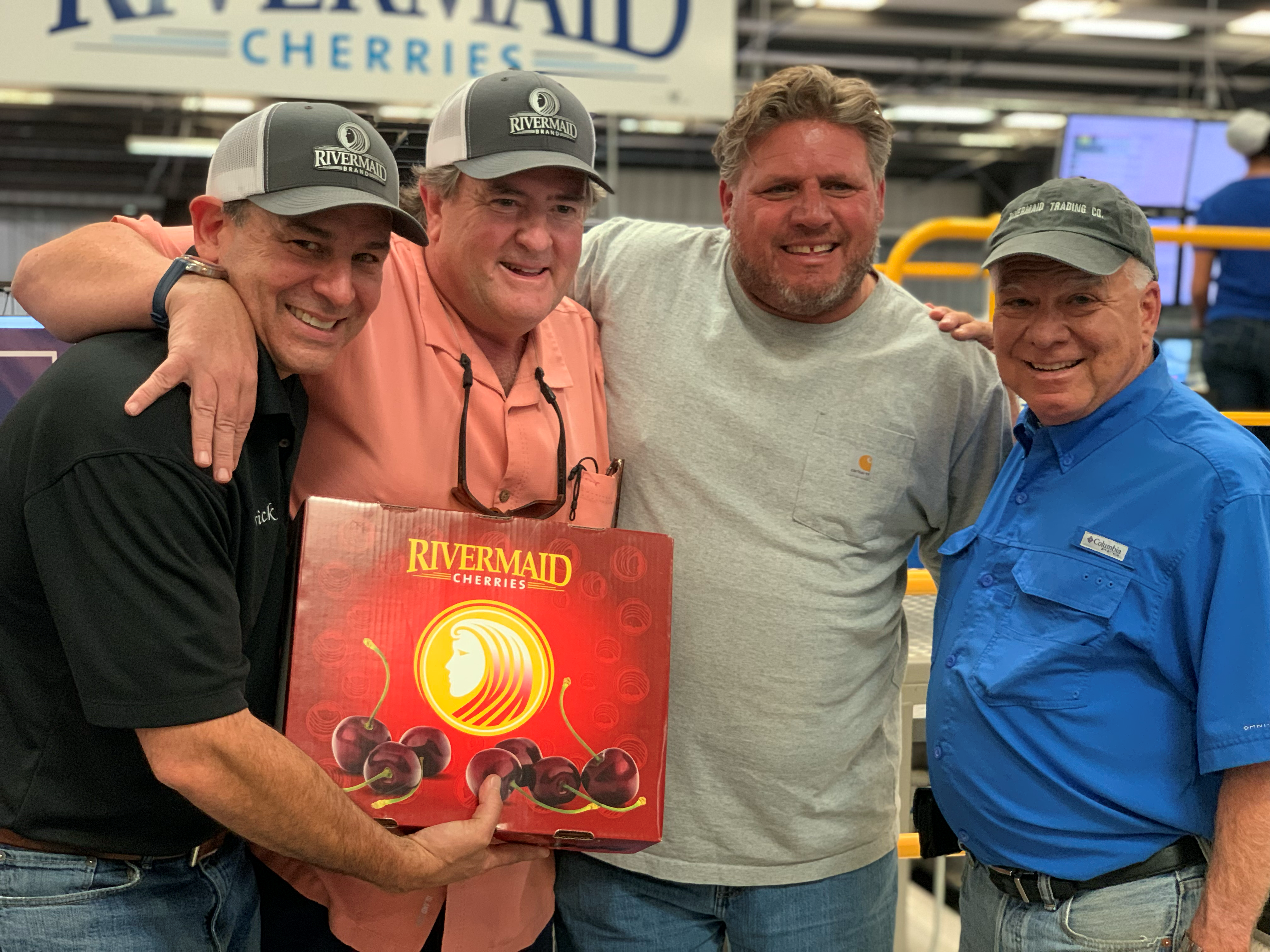Growing and packing cherries comes with its own set of challenges:
• Production costs in Australia are high, especially labor expenses.
• Sorting and packing need to be fast, efficient, and gentle.
• The operator spends valuable time fine-tuning the system, so it detects stems and defects.
• Grading accuracy must improve to avoid false positives and increase returns.
• Some defects, like fresh cracks, are tough to spot or quantify.
Every challenge has its solution.
Following are just some of the improvements that Lucaston Park Orchards achieved:
✅ Faster and more reliable detection of difficult defects and stems
✅ Simplified grading process, requiring less labor and saving time for operators
✅ Enhanced processing capacity and gentle handling of cherries.
Read the full story of Lucaston Park Orchards business transformation.
About Lucaston Park Orchards Orchards

Lucaston Park Orchards is a fourth-generation fruit farm managed by Andrew and his son Matthew Griggs, situated in the heart of the Huon Valley, Tasmania. Specializing in cherries, apples, raspberries, plums, pears, and quinces, the farm swiftly processes and ships its fresh produce globally, with a focus on Asian markets. Originally centered on apple cultivation, the business transitioned to cherries in 1996, finding them to be a higher-value product. Despite the challenges inherent in cherry growing and Australian agricultural production costs, the farm has thrived by exporting large, high-quality cherries to discerning Asian markets, facilitating its continued growth and success.
Focus on quality and "try before you buy" experience
Lucaston Park Orchards distinguishes itself in the market through a commitment to exceptional quality and personalized customer contact. With an emphasis on producing the largest and firmest cherries possible, the farm offers prospective buyers the opportunity to tour the facilities and farms, fostering a "try before you buy" experience. As a family-owned and operated business, Lucaston Park Orchards brings a dynamic approach to its operations, resonating well with customers, particularly in Asia, who appreciate working with family enterprises.
Enhancing quality standards with 15+ years experience in grading technology
Lucaston Park Orchards operates primarily around fresh fruit sales, with cherries leading as the main crop and apples as a significant secondary produce. The annual production includes approximately 800 bins of apples and 800 tons of cherries, showcasing the scale and diversity of their agricultural output. The Griggs family manages approximately 60 hectares of cherry orchards and handles packing for an additional 40 hectares owned by other growers. The packhouse has been working with Ellips optical grading technology for more than 15 years to ensure high quality standards and productivity for cherries and apples. The sorting process is equipped with a 12-lane Elifab CherryClass for the benefit of capacity optimization and delicate cherry handling.
Business goals and objectives
The main reasons for investing in cherry grading technology at Lucaston Park Orchards revolve around three key areas.
1. Labor reduction
The aim is to limit rising labor costs by automating operations and reducing the need for manual labor.
2. Increase capacity
The objective is to enlarge capacities to ensure efficient packaging of both the farm's own produce and that of other growers.
3. Enhance quality consistency
The focus is on enhancing quality standards to ensure consistent high-quality produce in each box, thereby maintaining customer satisfaction and market competitiveness. While the farm already maintains high standards, staying at the forefront of technology ensures continued excellence in a cost-effective manner.
The AI potential to improve quality standards while reduce labor
Currently, Lucaston Park Orchards is satisfied with the volumes of the Elifab cherry grading machine. Elifab provides sufficient capacity to grade and pack the fruit carefully and on time. However, the family-owned business does recognize the potential to enhance quality standards and decrease labor needs through the implementation of artificial intelligence (AI). By minimizing false positives and maximizing the value of each cherry, Lucaston Park Orchards anticipates significant returns on its technology investments, ultimately enhancing overall productivity and profitability in cherry production.

Lucaston Park Orchards invests early in AI for cherry grading
The family-owned company is always looking for innovation and further improvements. As early-adopters in Ellips True-AI for cherries, it sees the value to gain insights and benefits as the technology evolves. Matthew Griggs sees immediate positive improvements with AI and foresees plenty of leads for further optimizations. Like any technology, cautious optimism and a long-term perspective is the best approach to gain maximum benefit, step-by-step. Matthew concludes that True-AI has the potential to revolutionize the grading industry. Especially as AI's learning ability and amount of data increases with training and experience.
What are Matthew's experiences with the True-AI potential?
1. Simplifying the sorting process requiring less labor
“True-AI simplifies the sorting process. It's able to reduce the human input. As a result, it saves operator time, making you less dependent on a full-time operator. This saves valuable labor costs. Especially in Australia with the most expensive labor in the world.”
2. Reliable and fast results of stem detection
“I noticed that the operator spent much less time finding stems and things like that. True-AI certainly identifies the stem very easily. As a result, we don't have to chase stem spectrums, which I think is a big advantage.”
3. Detecting challenging defects more accurately
“True-AI takes care of some more nuanced and challenging defects. We'll be able to deliver a more consistent overall outcome in comparison with traditional vision technology. You can identify more complex defects like holes in cherries that would otherwise have been sort of cut out. The technology also helps with some defects that are hard to translate in numbers such as fresh cracks or other very fine defects. It can pick that up much easier than trying to put a number on it, so I would say it is more accurate that way.”
Why Ellips Group?
“Ellips has always been striving to fit the forefront of technology and we want our business to be partnered with people that are doing that.”
Matthew Griggs – Lucaston Park Orchards
15 years of evolution with the impact of optical grading
"Over the past 15 years, we've relied on Ellips Grading Technology to sort both cherries and apples. It's hard to even remember how things were before when we only had mechanical graders and people checking the produce. But one thing is crystal clear: switching to optical grading has had a huge impact on our returns. The way it detects defects, accurately identifies colors, and sorts sizes is leagues ahead of what mechanical graders and humans could achieve. Considering the large quantities we handle and the high-quality standards we need to meet nowadays, using optical grading is simply a must."
The right combination of product, pricing and service
"Ellips technology has been crucial for us in maintaining consistent quality. It's also user-friendly, allowing us to easily create different quality categories tailored to various markets. This flexibility helps us meet diverse demands effectively. Another aspect we appreciate is the ownership model of Ellips. We prefer owning our software outright rather than dealing with ongoing licensing fees.
Furthermore, our relationship with the Ellips team, including Roland, Erwin, Mitchel, and Carlos, has been positive. We value their commitment to staying at the forefront of technology, which aligns with our business goals. Additionally, having a significant number of Ellips machines in our local area positively impacts the service we receive."
Investing in capacity and delicate machine handling
“Given our growth and ambitions, we were looking for a new machine with the right throughput and delicate handling of cherries. With the goal of being able to sort and pack the right volumes quickly, efficiently and still gentle. Previously we had Ellips technology with a different machine. It gave us more confidence to invest in the Elifab Cherry Grading Machine, because it was coupled with the Ellips technology. To give you an idea, Elifab has these unique cups that help cherries rotate smoothly. This rotation makes it easier for the Ellips cameras to capture detailed images of the entire surface of the cherries, allowing for more accurate sorting. Additionally, the mechanical components of the machine are well-made, featuring a lot of stainless steel, and the treatment of the cherries is handled reasonably well with the yellow curtains.”

Future
“We're always aiming to grow, which means improving our grading accuracy and processing more cherries through our facility without needing to buy more machines. There are still improvements to minimize false positives and maximize the value of each cherry. True-AI has the potential to revolutionize the grading industry. As AI learns more and gets more data, it gets better at its job. We are already experiencing immediate improvements with AI that make us excited, and there are even more opportunities to make things even better in the future. This technology will make us rely less on manual labor and will raise the quality of our output to new heights.”







